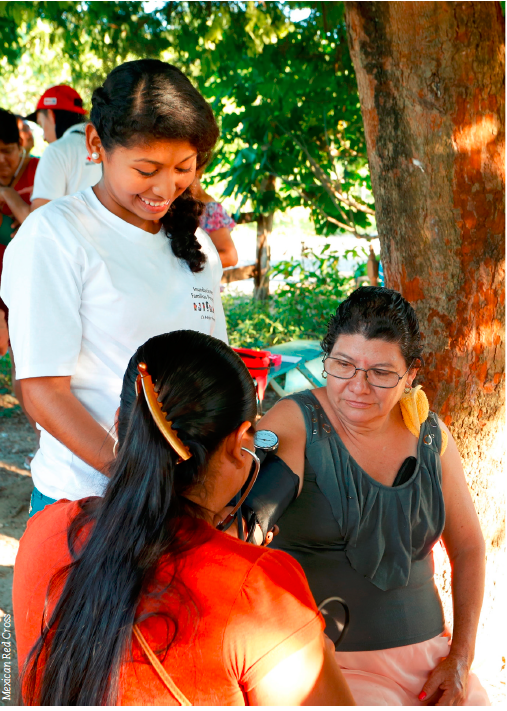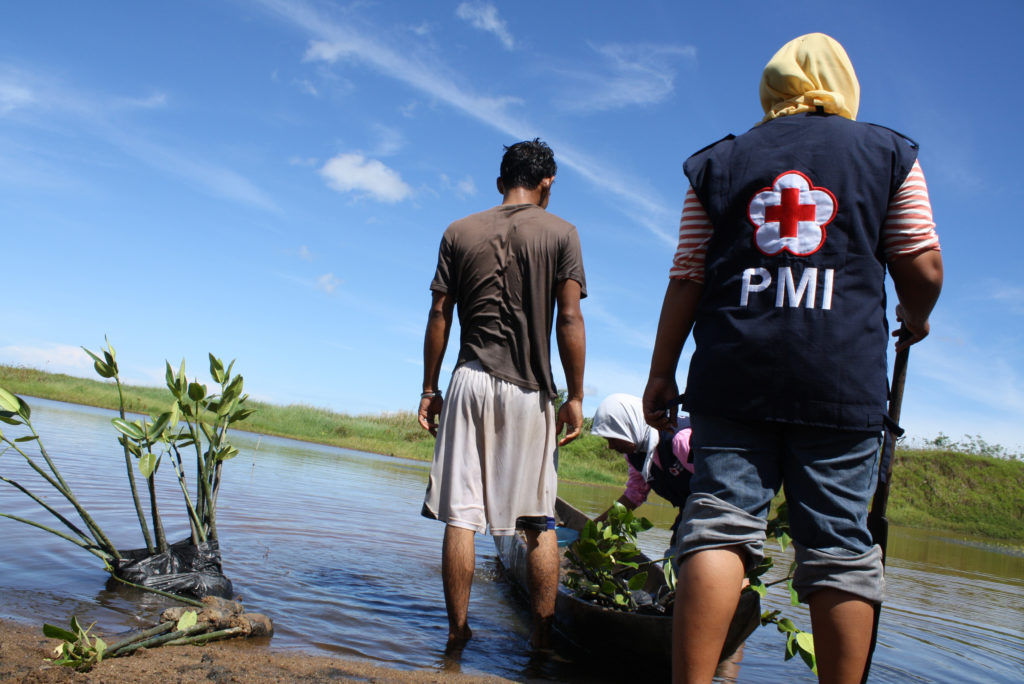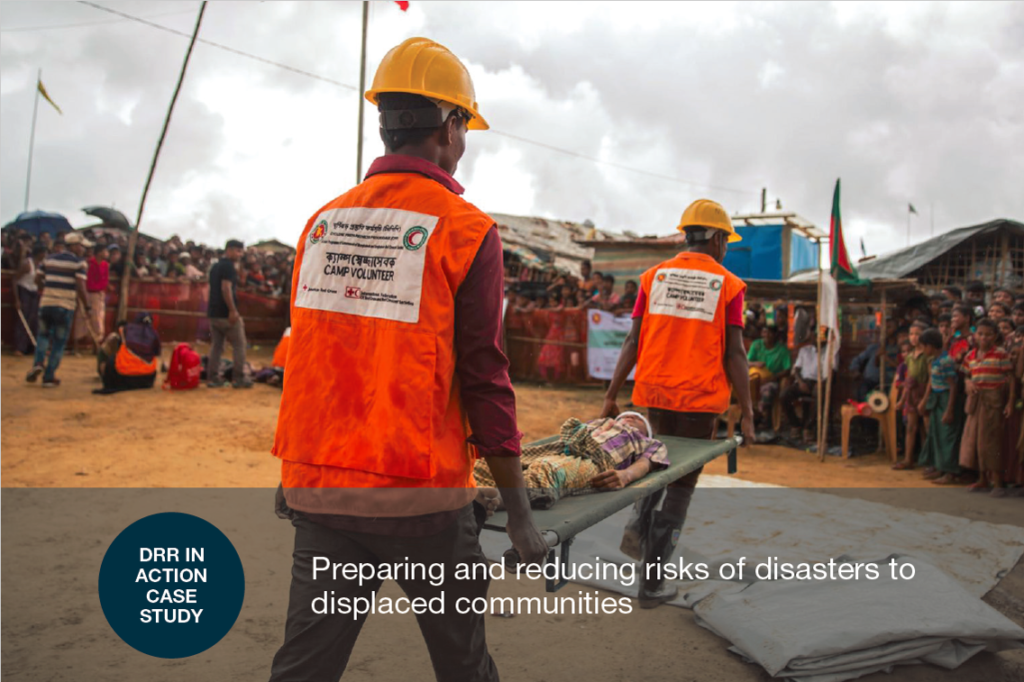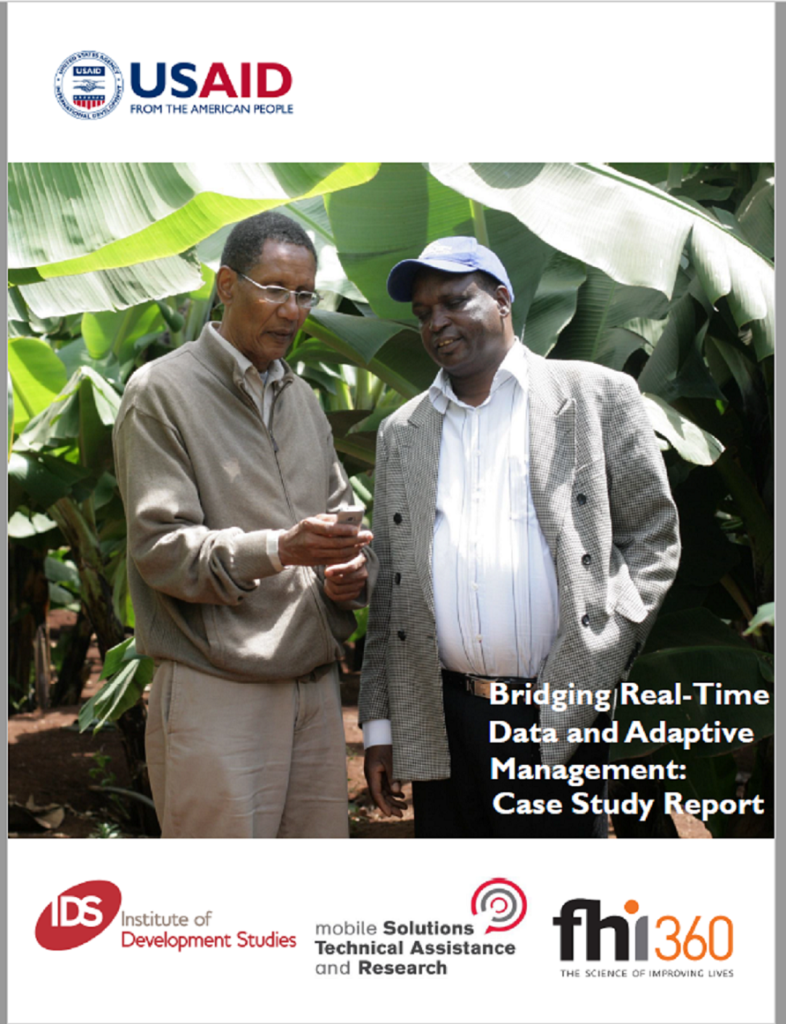The Flood Resilience Alliance – Community Testimonials from Nepal, Mexico and Indonesia
The Flood Resilience Alliance (2013 -2017) is a five-year partnership that set out to develop a model that would deliver effective community flood resilience programmes at scale and contribute to shaping the flood resilience agenda of policy-makers and donors. For the IFRC and National Societies the Flood Resilience Alliance, advocacy and influencing strategies were designed to improve conditions for vulnerable […]
The Flood Resilience Alliance – Community Testimonials from Nepal, Mexico and Indonesia Read More »




